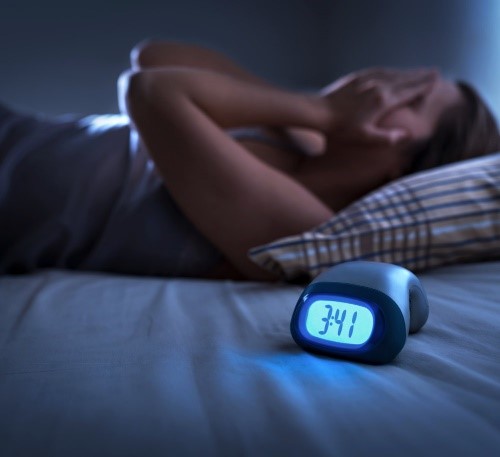As the days roll by under quarantine, we are slowly beginning to fall into new routines of working from home and remaining in isolation, as bizarre as daily life still feels. But for some of us it is when we are lying in bed at night that our worrying thoughts can take over our minds and interrupt our vital sleep. My previous blog post on mindfulness has some useful advice on stepping away from these thought spirals, but I wanted to write a blog on simple tips to help you sleep.
Why do we need sleep? Sleep has a key role in good health and well-being. It is important for your mental health, physical health and safety. When we sleep, our bodies work to support healthy brain function and maintain physical heath. Overnight, the brain forms new pathways to help you remember new information – studies have shown that a good night’s sleep improves our learning ability. Ongoing sleep deficiency alters activity in some parts of the brain and can increase the risk of certain chronic health problems. Sleep deficiency also impacts on how we think, work, learn, and react to others (as those of us who have worked night shifts will know!).
Sleep also plays a vital role in our physical health – the healing and repair of our heart and blood vessels occurs overnight. Hence sleep deficiency is linked to an increased risk of heart disease, kidney disease, high blood pressure and stroke. Your immune system also needs sleep to stay healthy, and ongoing deprivation can change the way your immune system responds to infection.
With all of this in mind, it’s obvious that we need to be getting our sleep. Here are some top tips to help you get a good night of zzzzz…

- Sleep at regular times – your body clock likes routine. Having a regular bedtime and wake up time will help your body keep on schedule
- Prepare to sleep! Winding down and relaxing before shutting your eyes can have a huge impact on how easily you drift off. Some suggestions to help with this: a bath, exercise such as light yoga, relaxation CD’s, reading a book or practising mindfulness
- Keep your bedroom a sleep-friendly space – try to maintain this as a relaxing environment. Depending on your living set up, this can be difficult if you work in your bedroom – for example student accommodation or those renting a room. If that is the case, try to use a desk and do your work away from the bed. On that note, it is also recommended you stay away from screens before bed – as challenging as this can be!
- Keep a record of your sleep. If sleep is proving a persistent problem for you, a record of when you did and did not sleep can help uncover any lifestyle habits and can help to diagnose any potential sleep problems
- Keep a notebook by your bed. I personally love this one! When you think ‘I must remember to do that tomorrow’ or think of any tasks or responsibilities, if you write them all down on paper it feels like the thoughts have been taken out of your mind and kept safely for tomorrow morning – leaving you free to sleep
- Cut down on the caffeine. Being one step away from the kettle all day can make over-consumption of caffeine a tempting option – but don’t forget this can impede your ability to sleep and prevent you from achieving deep sleep
- Try getting up – if you find yourself staring at the ceiling, try getting up and doing something. If you can relax yourself before trying to sleep again, your more likely to have success than you will by staying in bed feeling increasingly frustrated that you cannot nod off
- If you have a persistent lack of sleep and it’s affecting your daily life, you should reach out for help and contact your GP. But hopefully some of these simple tips will help you improve your precious sleep
This blog is the third in a series on self-care. Previous blogs on resilience and mindfulness can be found at: https://ecgtraining.co.uk/about-us/the-ecg-blog
References:
https://www.nhlbi.nih.gov/health-topics/sleep-deprivation-and-deficiency
https://www.nhs.uk/live-well/sleep-and-tiredness/how-to-get-to-sleep/?tabname=sleep-tips
Written by Sarah Hope (ECG Clinical Trainer & HealthCare Science Practitioner in Cardiac Science), Friday 27th March 2020
Follow me at: https://twitter.com/ECGSarah













